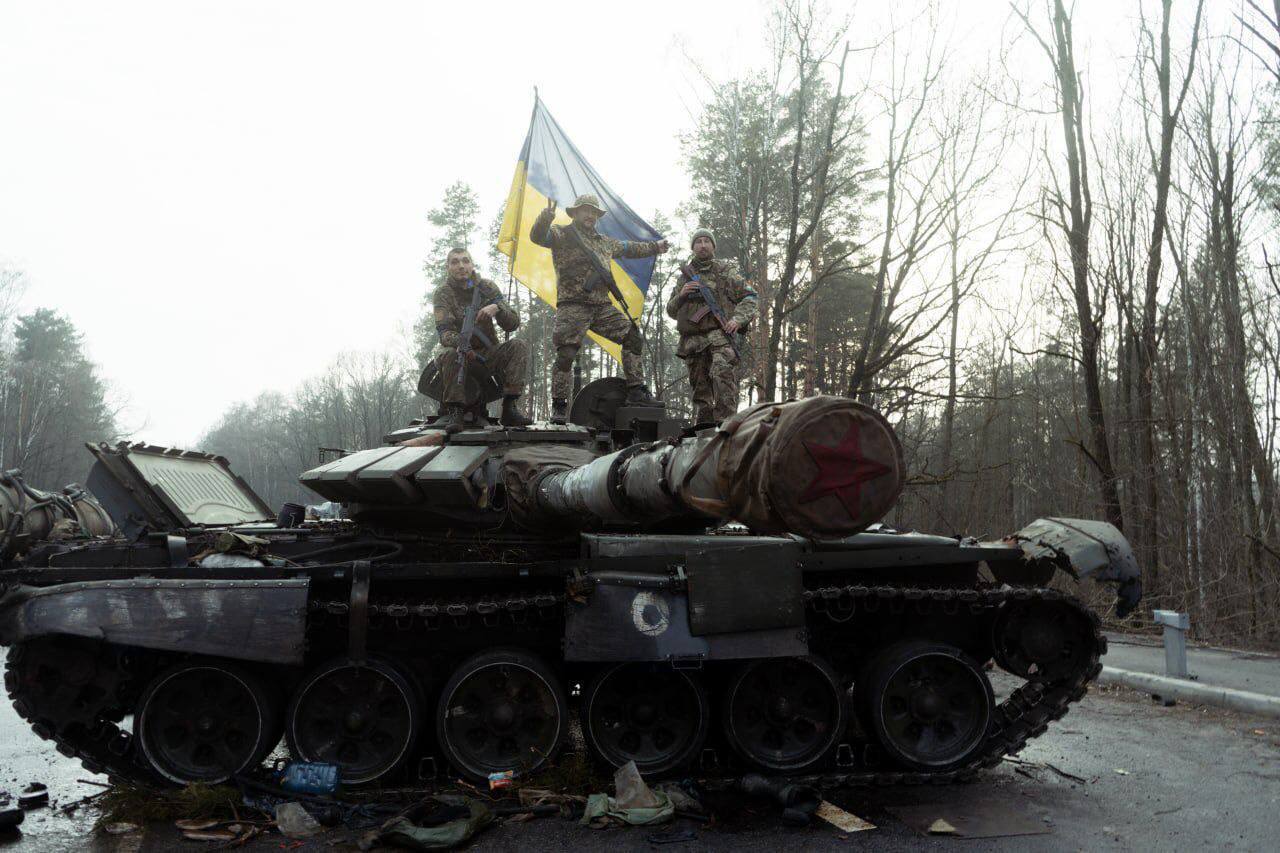I asked ChatGPT (in Browsing Mode) to read the news headlines today and write me a news story from five years in the future. The results were both unsurprising and surprising, in turn. The story is about a leak of military information. That is unsurprising, as that was in the news headlines (Ukraine war: Who leaked top secret US documents – and why?) I asked GPT to read. What is surprising is the depth of detail, including international machinations, in GPT’s news story from the future. And, a bonus surprise at the end. More on that later. For now, The Servitor, with reporting from famed correspondent Future GPT, brings you the Future News!
April 9, 2028
Washington D.C. – The U.S. Department of Defense is grappling with the aftermath of a massive cyberattack that resulted in the leak of sensitive military documents dating back to the Russo-Ukrainian War five years ago. The leaked documents, which number in the hundreds, reveal previously undisclosed details of military operations and strategies employed by the United States during the conflict.
According to the Defense Department, the breach was discovered on April 3rd, and efforts have been underway to assess the extent of the damage and identify the culprits behind the attack. While no group has claimed responsibility, cybersecurity experts have pointed to the possibility of state-sponsored hackers seeking to exploit vulnerabilities in the Defense Department’s network.
Among the leaked documents are classified assessments of Russian military capabilities, plans for U.S. troop deployments in Eastern Europe, and intelligence reports on the activities of the Wagner Group, a private military company with ties to the Russian government. The leak has also brought renewed attention to the role of the United States in the Ukraine conflict, and raised questions about the extent to which the U.S. provided support to Ukrainian forces.
The release of these documents has sent shockwaves through the international community, prompting calls for a thorough investigation and greater transparency from the U.S. government. Allies of the United States have expressed concern over the potential impact on global security, while critics have seized on the leak as evidence of American interventionism.
In addition to the Ukraine war documents, the leak includes files related to other geopolitical hotspots, including Yemen, Syria, and Taiwan. Among the revelations is the existence of backchannel negotiations between Saudi Arabia and Houthi rebels in Yemen that ultimately led to a ceasefire agreement, as well as information on military exercises conducted by China near Taiwan.
The U.S. Department of Defense has vowed to take swift action to address the security breach and prevent future incidents. In a statement, Defense Secretary Alexandra Payne emphasized the need for increased investment in cybersecurity and information security. “Our adversaries will stop at nothing to undermine our national security,” Payne said. “We must remain vigilant and take every measure necessary to safeguard our classified information and protect our nation’s interests.”
The leak comes at a time of heightened geopolitical tensions, with conflicts continuing to unfold in various regions around the world. As governments grapple with the implications of the breach, the leaked documents serve as a stark reminder of the fragility of global security and the need for international cooperation in the face of shared threats.
Reporting for the BBC World News, this is Adam Hartley in Washington.
As you can see, Future GPT really outdid itself on this one. But wait, what?! Adam Hartley, BBC World News. Did GPT just impersonate a real person? Concerns about ChatGPT’s false attributions have been circulating, but I didn’t expect to see it firsthand. This bears looking into. Stay tuned to The Servitor for more on this unexpected inclusion.





